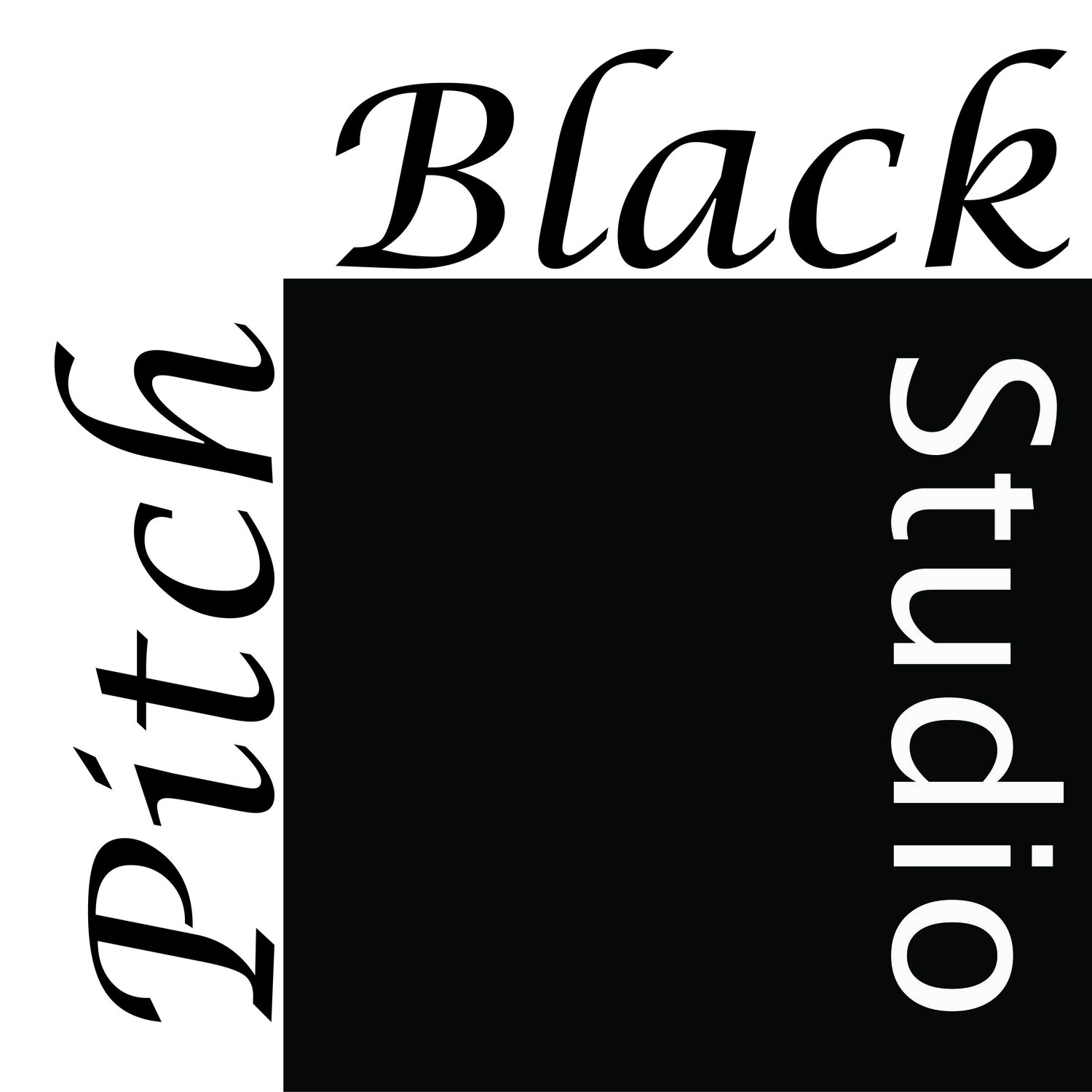How to win with verbs.
If you want a kid to underachieve, tell him he’s smart.
If you want him to succeed, tell him he made good effort.
Whenever you describe anyone as an object - they ARE this, they ARE that - it creates gravity and inertia around that description. No action is required for them to stay that way, and any action they take will now be pulling against gravity in order to change.
In this state, they can’t learn and don’t see the need. They are like Sisyphus rolling his boulder up the hill, only to have it roll back down into the valley.
To BE is inert. No action, no change, no growth. To DO is action - you act, learn, change and become more fulfilled.
“You’re a smart kid, Janey,” says a well-meaning adult. Janey is now pretty chuffed to be praised in this way, but will now choose easier tasks to maintain this identity. She will choose lesser opponents at sports, easier tasks in school, and take on less commitment that may prove that she is not as smart as he was described.
“You put in some good work there, Jimmy.” Well gee. Now where is the reward - for doing something. Reading more, studying more, being a more helpful, generous person. Jimmy is well on his way to succeeding through effort, regardless of brain capacity.
Even if they started out at the same level of “intelligence” (meaning skill at intelligence tasks), Jimmy’s action will soon leave Janey behind.
Some know this as having a fixed or growth mindset, others know it as having a static or plastic belief in intelligence, and some just call it motivation. But is motivation a cause or an effect?
In this series I will describe the many ways in which verbs can have a profound effect on you as an individual, on relationships, in groups, and world peace no less. Yes, I will describe how two people in the same ideology can have either constructive or destructive outcomes because of their use of verbs or nouns.
So as to myself be a man of action, I’ll be writing an essay like this every week, leading right up to how to use Raph Koster’s Theory Of Fun in Game Design to make personal growth not only possible, but enjoyable (while sill being hard work).
Let’s get into this.

